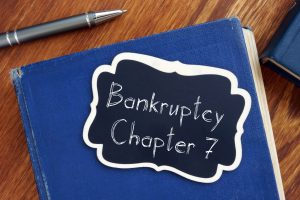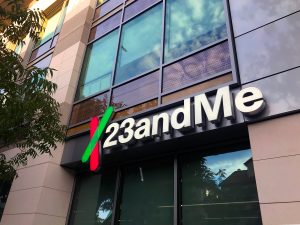If you are exploring options for bankruptcy, then you may quickly recognize that there are stark differences between a Chapter 7 and a Chapter 13 bankruptcy, since one involves (nearly) complete discharge of your debts, while the other involves a restructuring of your debt payments in order to satisfy your obligations in a sustainable way. While there are many clear differences between these two options, there are also a variety of similarities that you can consider when you are trying to decide on which bankruptcy is best for you.
The most important thing to do when you are contemplating your options for bankruptcy is to work with an experienced bankruptcy attorney who can make sense of all of the information necessary to make this decision. As you may already realize, the outcomes of each type of bankruptcy are starkly different and can result in either the elimination of most debts, or simply pave the way towards a sustainable repayment plan in order to satisfy most, or all, of your creditors.
Read more below to learn about some of the common overlaps between Chapter 7 and Chapter 13 bankruptcies, although they are certainly both very different.
[ymal]
Both Chapter 7 and Chapter 13 Bankruptcies Trigger an Automatic Stay
While Chapter 7 eliminates your debts while Chapter 13 restructures them, you will be able to enjoy something called an “automatic stay” when you file either. This stay means that your creditors are unable to contact you about recovering existing debts while the order is in place, and can be penalized by the courts if they violate the stay. In addition, this stay will put a halt to any wage garnishing that you have been subject to, meaning that you will be able to retain all of your earnings during this time.
The length of your automatic stay depends on a variety of different factors, including whether or not you have filed for bankruptcy previously, and if so, how many previous bankruptcies that you have filed for.
Both Bankruptcies Seek Ways to Satisfy Existing Debts
Filing for bankruptcy isn’t simply like waving a magic wand and all of your existing debts disappear. Chapter 7, or liquidation, bankruptcy, is typically utilized by someone who does not have the financial means to repay their debts, and instead, their assets will be used in order to alleviate at least some of the qualifying debt before waiving the balance. This could include selling off personal property and liquidating assets to repay your creditors.
Chapter 13 is a good option when you are attempting to avoid having your home foreclosed on, a vehicle repossessed, or to protect any other assets from being auctioned in order to repay your creditors.
Filing for bankruptcy isn’t simply like waving a magic wand and all of your existing debts disappear.
Both Options Are Available for Individuals or Businesses
Whether you are an individual or you are filing bankruptcy for a business, you will be able to choose between Chapter 7 and Chapter 13 (Chapter 11 is additionally available for businesses, but not for individuals). Again, the differences between Chapter 7 and Chapter 13 are present whether you are an individual or a business, meaning that you will be making the decision between liquidating your company or restructuring business agreements, or liquidating personal assets or restructuring debt payments in order to retain your property.
Of course, these options have significantly different results depending on whether it is applied to an individual or a business, and you will need to work with your attorney in order to develop a comprehensive understanding of what each filing will entail for you.





















